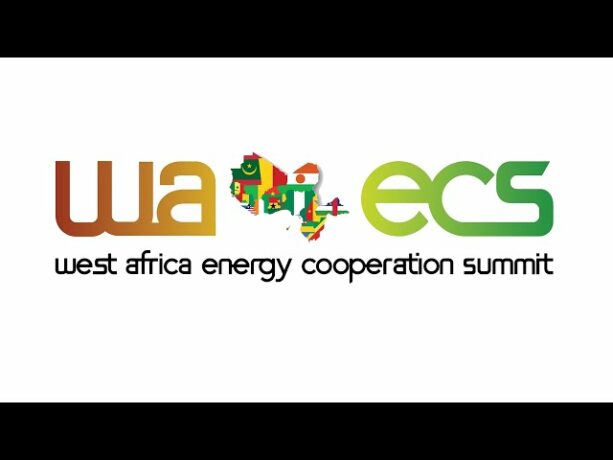
The fiscal deficit improved in 2024 from 6.5% to 5.6% of GDP, thanks to better control of public spending and increased revenue mobilization
According to the World Bank’s April 2025 Burkina Faso Economic Update , the country’s economy grew by 4.9% in 2024 compared to 3.0% in 2023. Real per capita GDP growth also increased from 0.7% to 2.5% over the same period.
This acceleration is attributed mainly to the performance of services and agriculture, supported by an improved security situation, favorable weather conditions, and increased government support to the agriculture sector.
However, inflation increased in 2024 to 4.2% from 0.7% in 2023, driven by the spike in food prices, caused by market speculation linked to a late start to the rainy season. Despite this, the strong growth in the agriculture and services sectors in 2024 reduced the extreme poverty rate by 3 points to 23.2%, with a sharper decline in rural areas. Despite this, the absolute number of people living in poverty remains high, exceeding 5.5 million.
The report also notes a decline in the twin deficits (fiscal and current account) in 2024. The fiscal deficit improved in 2024 from 6.5% to 5.6% of GDP, thanks to better control of public spending and increased revenue mobilization. At the same time, the current account deficit also improved from 8.0% of GDP in 2023 to 6.4% in 2024, due to the rise in gold prices which boosted the value of exports. However, the financing of this deficit largely relied on regional markets, in an environment of high interest rates.
The report highlights that the short- and medium-term outlook remains positive but is subject to multiple risks such as insecurity, climate shocks, debt refinancing, and challenges in the financial sector. Assuming these risks abate, growth is expected to strengthen to 5% over the medium term, driven by buoyant services, an expected recovery of industry, notably through improved energy access, and favorable average weather conditions for agriculture.
Inflation, meanwhile, is expected to gradually stabilize within the WAEMU target range. This outlook, combined with continued fiscal consolidation, is expected to enable a continued but moderate reduction in poverty estimated at about 1 percentage point per year.
Regarding the economy, Daniel Pajank and Ibrahim Nana, co-authors of the report, call for “Strengthening the mobilization and efficiency of public resources, including through the continuous modernization of the tax administration, the broadening of the tax base and the optimization of public spending, while improving debt management and mobilizing more concessional financing.”
The Special Chapter on Energy for Economic Growth provides an assessment of the electricity sector in Burkina Faso and concrete recommendations to achieve the objectives set in the National Electrification Strategy. It highlights the key role of energy in the country’s economic transformation. According to Hamoud Abdel Wedoud Kamil, World Bank Country Manager for Burkina Faso, “Affordable, reliable, and sustainable electricity is essential to improve productivity in agriculture, support the growth of services, and revive the industrial sector.”
Despite the efforts made, access to electricity remains limited in Burkina Faso, with a rate well below the regional average. This situation constitutes a major obstacle to inclusive growth and reduces economic opportunities for a large part of the population, particularly in rural areas.
The co-authors of the chapter dedicated to the energy sector, Regina Nesiama Miller and Adwoa Asantewaa, emphasize that “An ambitious reform of the sector, including pricing based on the cost of electricity production and the expansion of off-grid access, would be essential to reduce vulnerabilities and ensure inclusive growth.“
Finally, the report recommends tackling the structural constraints to the country’s economic transformation, particularly in the electricity sector, which remains characterized by some of the region’s highest generation costs and heavy reliance on imported fuels.



